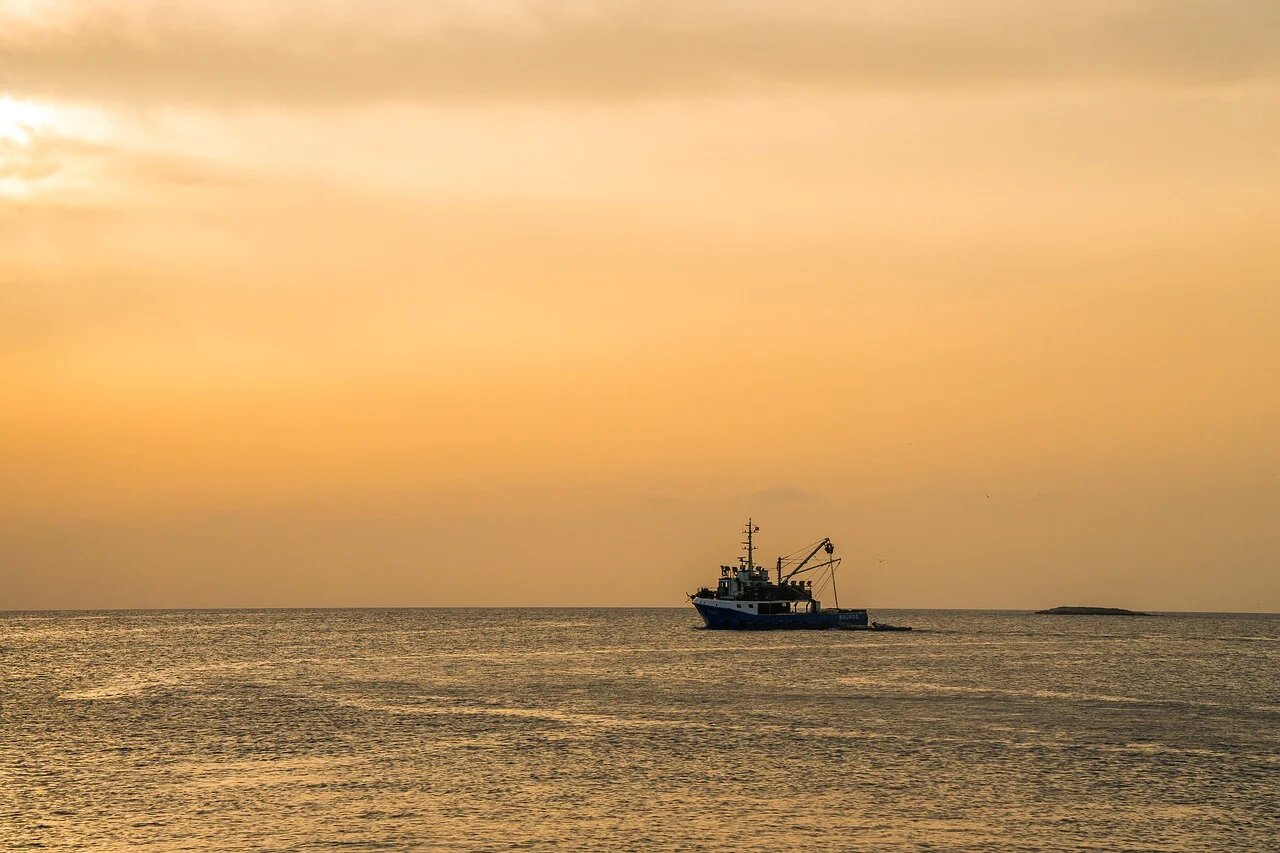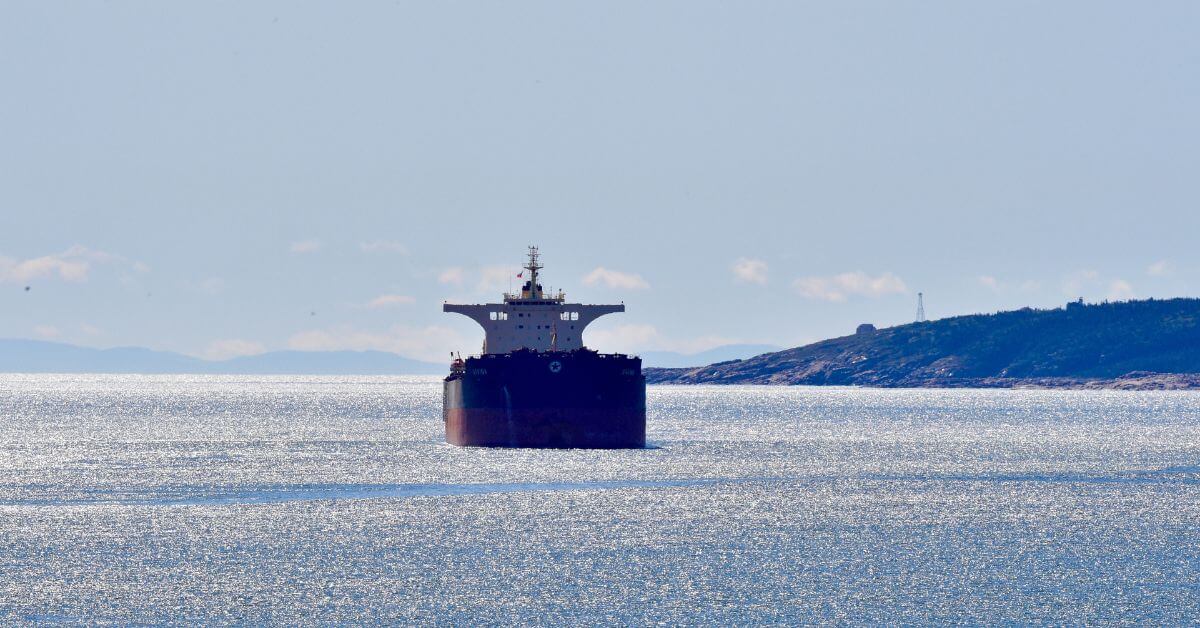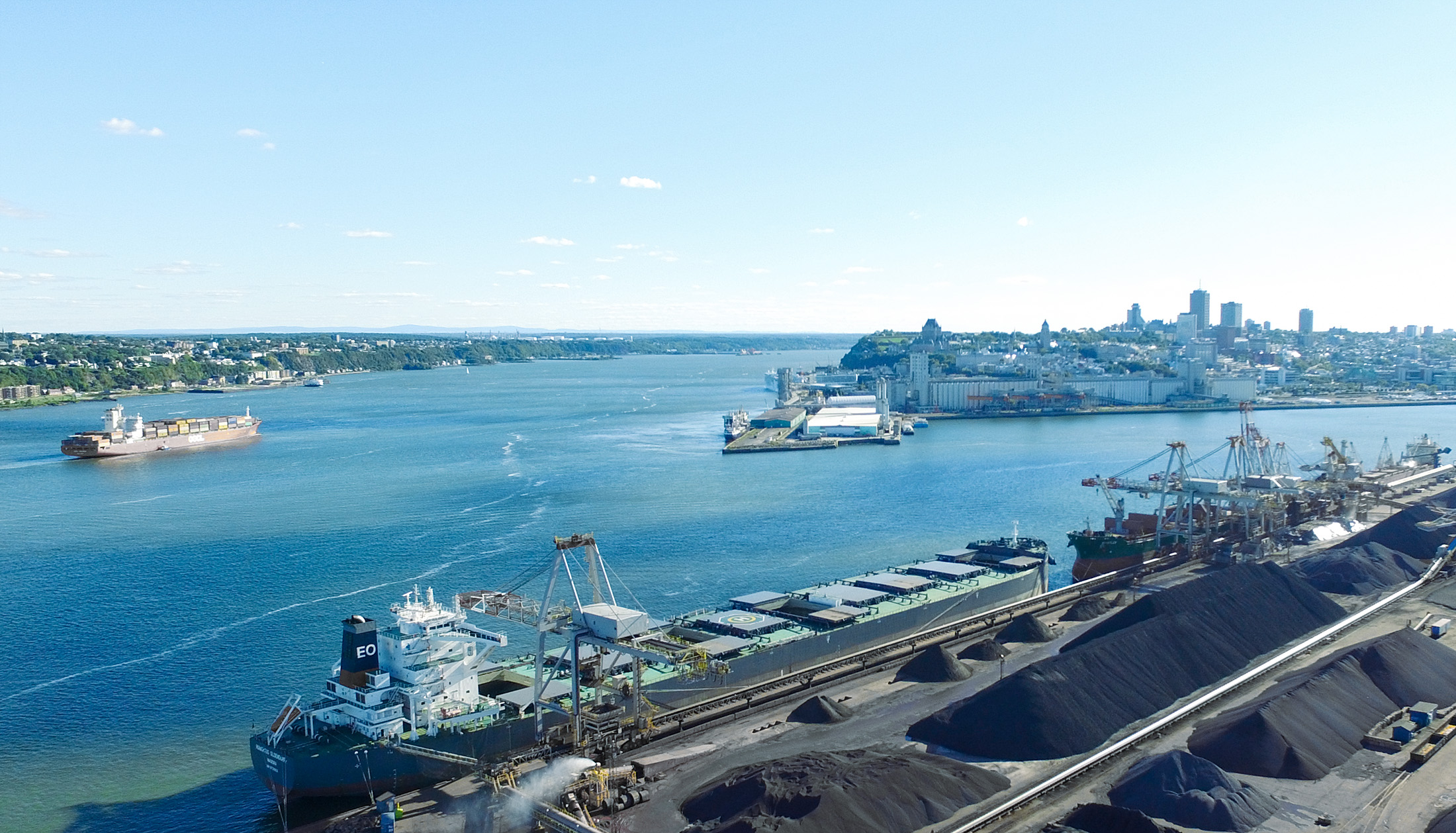Heads of 7 shipping associations call for IMO adoption of the Net-Zero Framework (NZF) at the crucial vote in October. Anything else would be a major setback for the green transition and risk leaving the industry with a complicated patchwork of regional climate regulations
This October, the member states of the International Maritime Organization can make history by finally adopting an agreement on climate regulation of the shipping industry – and thus becoming the first global industry to do so.
As a result of multiple years of negotiations, the Net-Zero Framework is set to propel sustainable shipping at a truly global scale.
The backstory is as follows: In 2023, IMO agreed on a greenhouse gas (GHG) strategy stating that global shipping must become climate neutral around 2050. This was followed earlier this year by the principal agreement on the regulatory framework necessary to make the ambitious GHG-strategy a reality. This Net-Zero Framework must now be finally adopted at the IMO-meeting in London in mid-October.
The Net-Zero Framework entails concrete mandates for the reduction of emissions from ships as well as a pricing mechanism that puts a cost on undercompliance and rewards the use of alternative, greener fuels under a global fuel standard. These are clear, global measures that will drive down the industry’s climate emissions. Crucially, it will strengthen the business case for cutting emissions and investing in sustainable energy, fuels, and technology.
Final approval at the IMO meeting requires a qualified majority of member states that are signatories to the MARPOL Convention. It is important that such a majority comes together to shepherd the agreement across the finish line. Our industry, which by its very nature is global, absolutely needs a global regulation – also to address climate change.
The alternative is a complicated and inefficient patchwork of national and regional regulatory frameworks. Not only is this an entirely wrong solution for a global industry such as ours, such a scenario will also derail ongoing efforts towards the energy transition and jeopardise world trade through distorted market conditions and unfair competition. We therefore also call upon the EU, which has the most ambitious climate regulation for shipping, to send a clear message of alignment with the IMO NZF when adopted to avoid double payment for shipping emissions and to reduce the regulatory burden.
To deliver on the agreed upon GHG strategy, global regulation is a precondition. It is necessary for reducing emissions, for creating homogeneous and predictable framework conditions for the shipping industry and – perhaps most importantly – sending the strongest possible signal to investors and producers to scale up the production of the alternative fuels that the shipping industry will require to move towards zero emissions.
The industry supports the IMO Net-Zero Framework, as evidenced by the formal declaration of support of the International Chamber of Shipping (ICS) and the clear support of the European Shipowners (ES | ECSA). The co-signers of this article appeal to the IMO member states to come together and vote for global climate measures.
Let’s take the next step and move towards net-zero together. Let’s make history in London.
Signees:
- Japanese Shipowners’ Association: Secretary general, Yasuhiro Shinohara
- Royal Belgian Shipowners’ Association: Managing director, Loïc Van Staey
- Royal Association of Netherlands Shipowners: Managing director, Annet Koster
- Singapore Shipping Association: Executive director, Loh Chun How
- UK Chamber of Shipping: Chief executive, Rhett Hatcher
- Norwegian Shipowners’ Association: Chief executive, Knut Arild Hareide
- Danish Shipping: Director general and chief executive, Anne H. Steffensen




